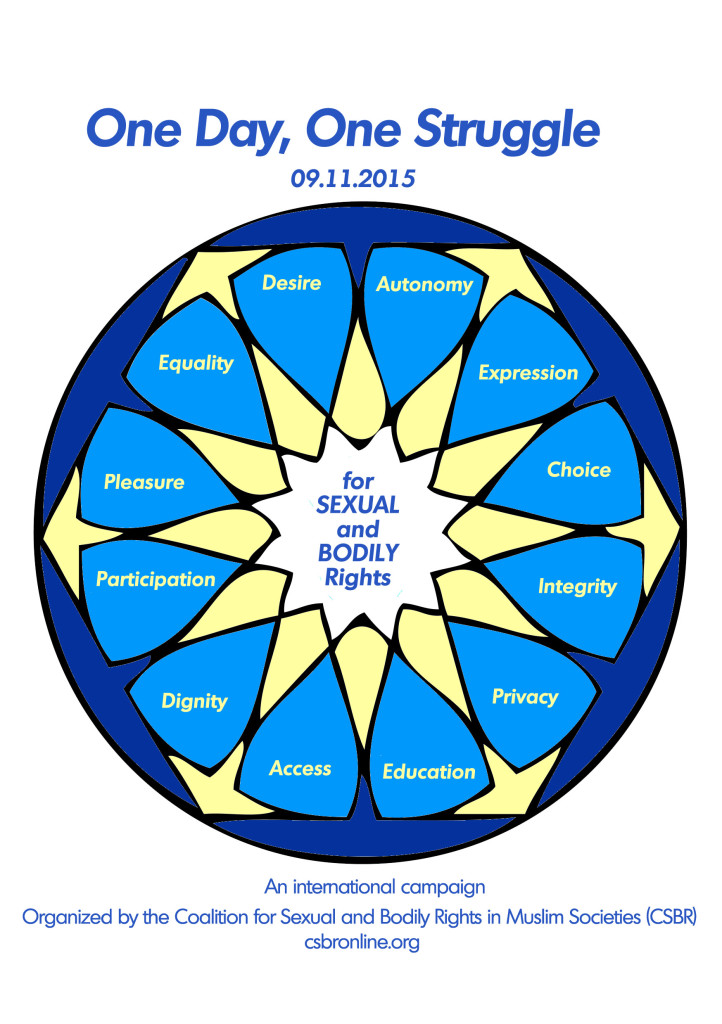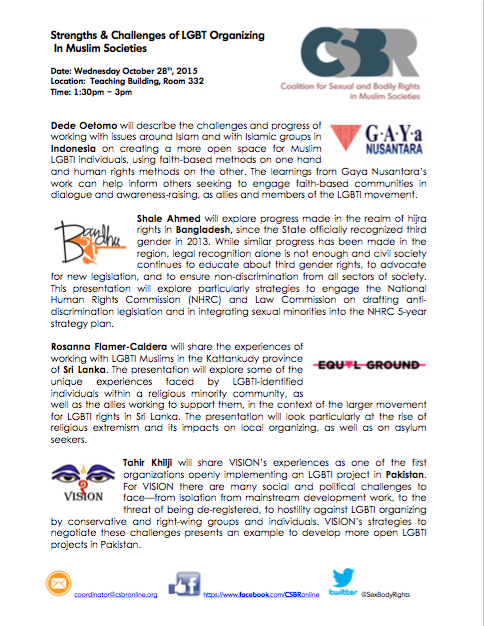
2 May 2016
SAFEGUARDING INDIVIDUALS, CIVIL SOCIETY AND OUR SHARED HUMANITY:
AN URGENT PLEA TO THE GOVERNMENT OF BANGLADESH
We, the undersigned, join other voices from across Asia and the Pacific – and around the world – in calling upon the Government of Bangladesh to step up efforts to effectively address the horrific violence that has claimed the lives of several journalists, bloggers, academics, activists and other civilians who advocated for a secular, open, just and equitable society for all citizens — regardless of religion, ethnicity, sexuality or any other labels.
The latest victims of the carnage were the prominent LGBTI activists Xulnaz Mannan and Mahbub Rabbi Tonoy, both hacked to death by a group of assailants at Mannan’s home in Dhaka. So-called “Islamist” groups, including or linked to ISIS and Al-Qaeda, have claimed responsibility for these and previous attacks, but the facts surrounding many of these killings over the past year remain unclear.
The Bangladesh government has sworn to track down those responsible for Mannan and Rabbi’s murders. While we welcome that pledge, the international human rights organization Amnesty International has noted that “not a single person has been held to account” in the various killings so far.
In recent years, LGBTI activists in Bangladesh have sought to expand the space for dialogue and inclusivity for their communities even though they are criminalized by the country’s British-era penal code. These efforts in Bangladesh and other countries such as Indonesia have, on one hand, brought about acceptance and openness on some levels, but have also been met by an increasingly severe backlash as well from a range of actors including governments and religious institutions.
The escalating threats to civil liberties, including LGBTI rights, in so many places are all the more ironic – and dangerous – considering we are in the era of the Sustainable Development Goals that underpin the 2030 Agenda whose primary pledge is “to leave no one behind.”
How can we as a region, and indeed as a world, even begin to fulfil such a pledge if we do not collectively come together to address these threats that target our friends, families and fellow human beings? The rhetoric of the SDGs and 2030 Agenda will indeed ring hollow if we do not bring about genuine openness and understanding leading to an end to persecution and terror. Governments must be held accountable, but organizations such as ours, and each of us as individuals, must play our part as well.
Let us seize this opportunity then to bring about dialogue between governments and civil society, with the support of the United Nations, national, regional and global human rights networks and other facilitators, to tackle the mounting crises in Bangladesh and elsewhere. Together we call on the government of Bangladesh to bring justice and ensure that the rule of law is firmly in place and is implemented to provide safety to all citizens.
All individuals across Asia and the Pacific must not see these atrocities as isolated events, but must act in solidarity to uphold the rights of all human beings.
Ultimately, we must collectively work towards a world where enlightenment prevails, even as we vow never to forget the sacrifice that far too many have made to safeguard our shared humanity.
Signed By:
Midnight Poonkasetwattana, Executive Director, APCOM
Sattara Hattirat, Regional Coordinator, ILGA Asia
Ryan Silverio, Regional Coordinator, ASEAN SOGIE Caucus
Natt Kraipet, Network Coordinator, APTN
Niluka Perera, Project Officer, Youth Voices Count
Rima Athar, Coordinator, CSBR
South Asian Human Rights Association of Marginalised Sexualities and Genders
Endorsed By The Following Organizations:
1. Association of Transgender People in the Philippines (ATP), Philippines
2. Blue Diamond Society, Nepal
3. Central Initiative for Transgender, Young Gay, Lesbian Asylum Seekers (CITY GLASS), Kenya
4. Consultation Centre of Aids Aid and Health Service, China
5. EQUAL GROUND, Sri Lanka
6. FORUM-ASIA
7. GAURAV, India
8. GAYa NUSANTARA Foundation, Indonesia
9. Haus of Khameleon, Fiji
10. Health Options for Transgender (HOT GENDER), Tanzania
11. Health Options for Transgender, Tanzania
12. HIV YOUNG VOICES (Hi 5), Kenya
13. Human Rights Working Group, Indonesia
14. Human Rights- Youth Health Support Centre NGO, Mongolia
15. I-Girl group, Việt Nam
16. IDENTITY ETHIOPIA (ID ETHIOPIA), Ethiopia
17. ILGA Oceania
18. India HIV/AIDS Alliance, New Delhi, India
19. Khwaja Sira Society, Pakistan
20. LGBT Kiribati, Kiribati
21. Life Gets Better Together (LGBT FOUNDATION), South Sudan
22. Lighthouse club, Việt Nam
23. NAZ Pakistan, Pakistan
24. NGO Phoenix PLUS, Russia
25. Oogachaga, Singapore
26. Organization Intersex International-Chinese, Taiwan
27. PinoyFTM (Filipino Trans Men), Philippines
28. Project Mama, Rwanda
29. QUEER ESCORT NETWORK (Quest Net), Madagascar
30. Rainbow Pride Foundation Youth Wing, Fiji
31. Safety Urban Network (SUN East Africa), Uganda and Kenya Chapter
32. Samoa Faafafine Association, Samoa
33. Sangama, India
34. Sierra Leone Youth Coalition on HIV & AIDS, Sierra Leone
35. SOMALI SOCIETY CARE (SSC), Somalia
36. South Asian Human Rights Association for Marginalized Genders & Sexualities (SAHRA)
37. SUNCITY AFRICA FOUNDATION, Kenya
38. Taiwan Tongzhi (LGBT) Hotline Association, Taiwan
39. Transgender Resource Center, Hong Kong
40. Transgender Youth Revolving Fund (TRAY REFUND), Uganda
41. Transmen Indonesia, Indonesia
42. Transpiration Power, Thailand
43. We are students club, Việt Nam
44. Yourself Belize Movement, Belize
Endorsed By The Following Individuals:
1. Abhina Aher, India
2. Ahsan Ullah, Bangladesh
3. AR Arcon, Philippines
4. Farid Ahmed, Bangladesh
5. Idrissa A. Conteh, Sierra Leone
6. Jake Oorloff, Sri Lanka
7. Jofiliti Veikoso, Fiji
8. Kemas Achmad Mujoko, Indonesia
9. Masaki Inaba, Japan
10. Nguyễn Đặng Duy Anh, Việt Nam
11. Qasim Iqbal, Pakistan
12. Raksak Kongseng Desaulniers, Thailand
13. Sumit Pawar, India
14. To’oto’oali’I Roger Stanley, Samoa
15. Trung Tâm NT.LGBT, Việt Nam
16. Tuisina Ymania Brown, Samoa
17. Vaialia Iosua, Samoa
Media Contacts:
Midnight Poonkasetwattana, Executive Director, APCOM: midnightp@apcom.org, +66-85-360-5200 (Bangkok)
Sattara Hattirat, Regional Coordinator, ILGA Asia: sattarah@gmail.com, +66-82-339-5252 (Bangkok)
Ryan Silverio, Regional Coordinator, ASEAN SOGIE Caucus: rsilverio@aseansogiecaucus.org, +63-917-879-7710 (Manila)
Natt Kraipet, Network Coordinator, APTN: natt.kraipet@weareaptn.org, +66-82-653-3999 (Bangkok)
Niluka Perera, Project Officer, Youth Voices Count: niluka@youthvoicescount.org, +66-94-835-1762 (Bangkok)



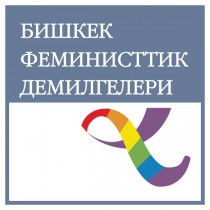









 Nilgün Yıldırım Şener of the Human Resource Development Foundation (İKGV) stated that sexual violence is used as a method of war between the fighting parties in Syria. Giving examples from the cases they encounter in the counseling center for Syrian asylum-seekers set up in Esenler, İstanbul, Şener stressed that 10 out of every 100 asylum-seekers applying to the center have been subjected to sexual violence. She said that among the case files opened at the center during the January-July 2015 period, 89 of the sexual violence victims were women, 37 men, and 9 were LGBTI individuals. Delivering a summary of the sexual and bodily rights violations of women and LGBTI, Şener underlined that housing is the gravest problem along with the very widespread fear of harassment and rape. She also talked about the prevalence of major problems such as the constantly changing practices regarding access to health care services, and the impossibility of access to services such as birth control and abortion.
Nilgün Yıldırım Şener of the Human Resource Development Foundation (İKGV) stated that sexual violence is used as a method of war between the fighting parties in Syria. Giving examples from the cases they encounter in the counseling center for Syrian asylum-seekers set up in Esenler, İstanbul, Şener stressed that 10 out of every 100 asylum-seekers applying to the center have been subjected to sexual violence. She said that among the case files opened at the center during the January-July 2015 period, 89 of the sexual violence victims were women, 37 men, and 9 were LGBTI individuals. Delivering a summary of the sexual and bodily rights violations of women and LGBTI, Şener underlined that housing is the gravest problem along with the very widespread fear of harassment and rape. She also talked about the prevalence of major problems such as the constantly changing practices regarding access to health care services, and the impossibility of access to services such as birth control and abortion.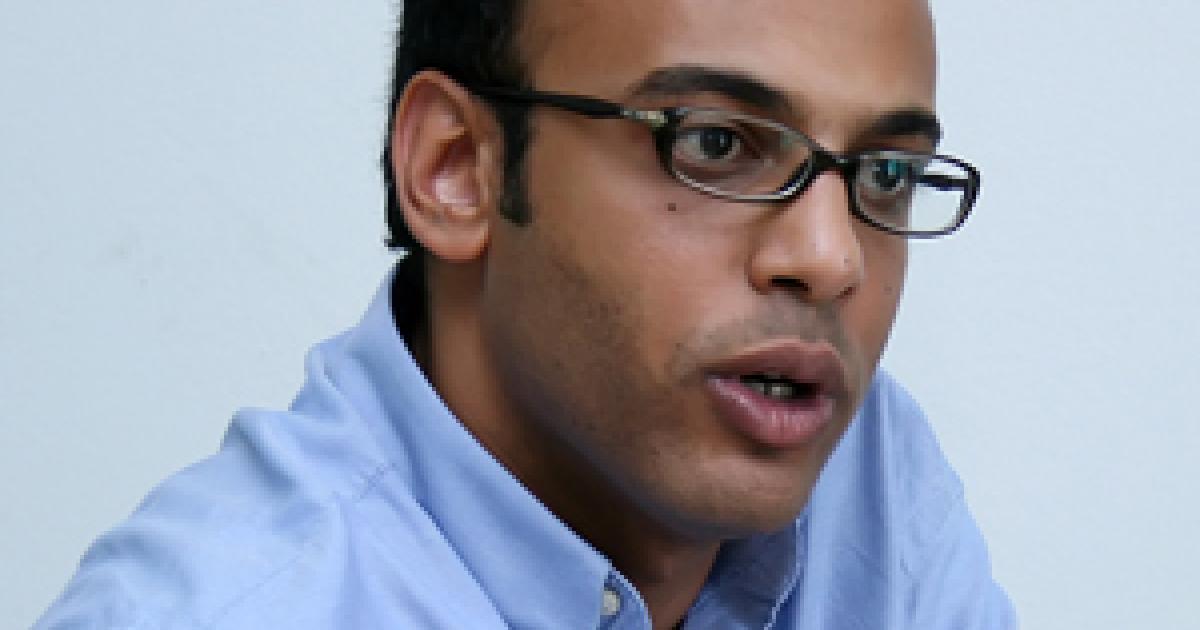
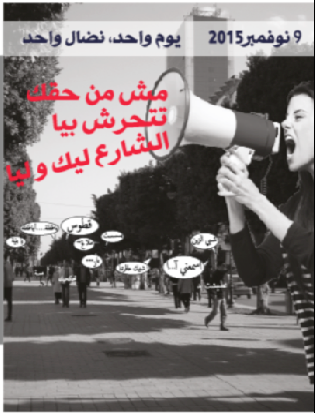

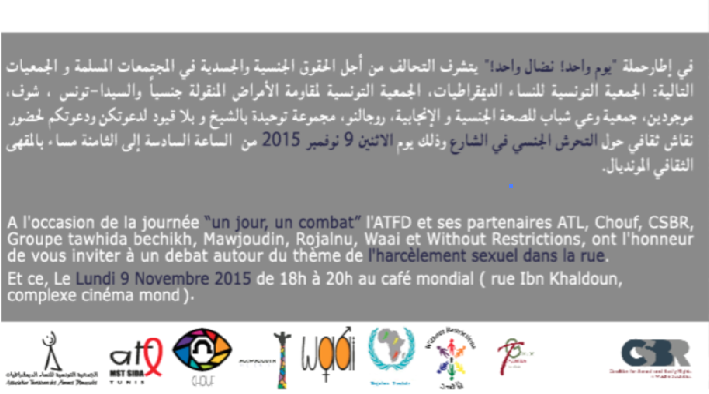

 With everyone’s permission, we documented participants’ expressions as we worked through the activities over the three days. For example, photos from when we talked about labelling, when we talked about stigma and how it impacts people; when we started exploring sexuality and how on the basis of diversity within sexuality people are discriminated against; the feelings of isolation, of rejection that all of us at some point in our lives have felt. You know for one reason or another, we have all been isolated. And it may not because of our sexuality at all, but each person would reflect on those experiences of marginalization, and its those reflective moments that have been captured in these photos.”
With everyone’s permission, we documented participants’ expressions as we worked through the activities over the three days. For example, photos from when we talked about labelling, when we talked about stigma and how it impacts people; when we started exploring sexuality and how on the basis of diversity within sexuality people are discriminated against; the feelings of isolation, of rejection that all of us at some point in our lives have felt. You know for one reason or another, we have all been isolated. And it may not because of our sexuality at all, but each person would reflect on those experiences of marginalization, and its those reflective moments that have been captured in these photos.”

